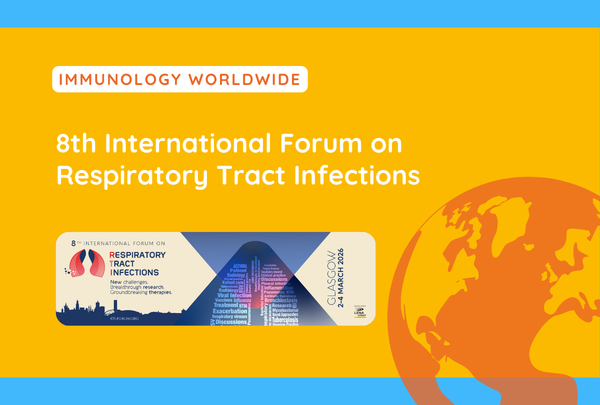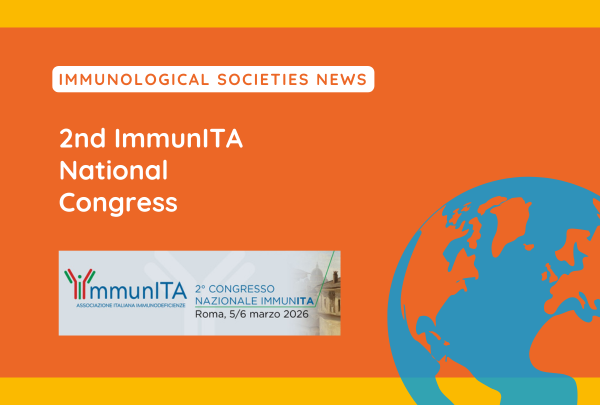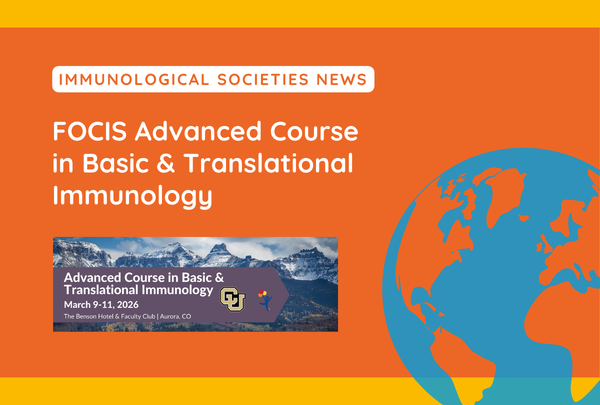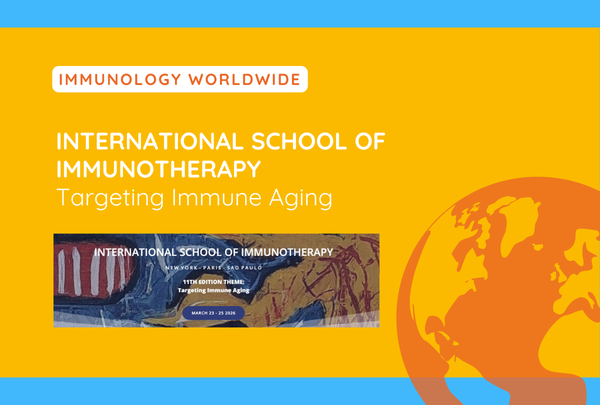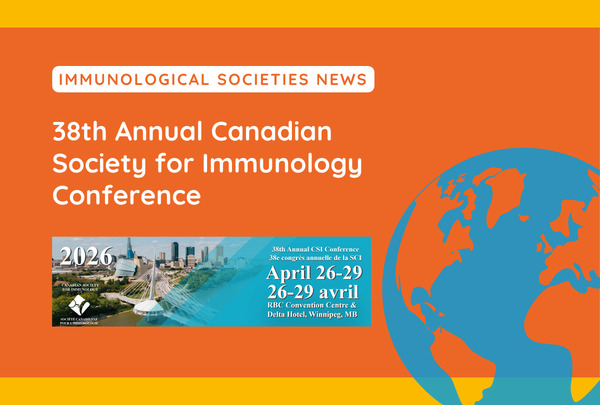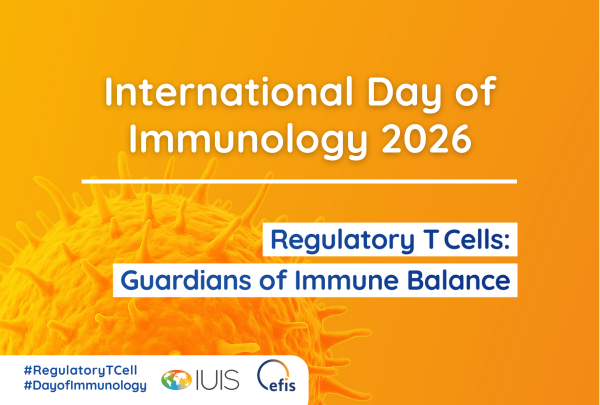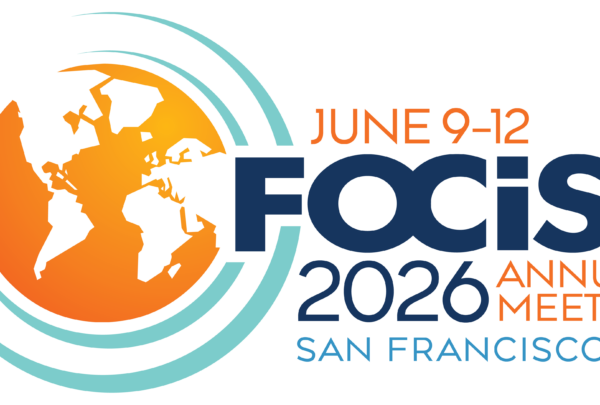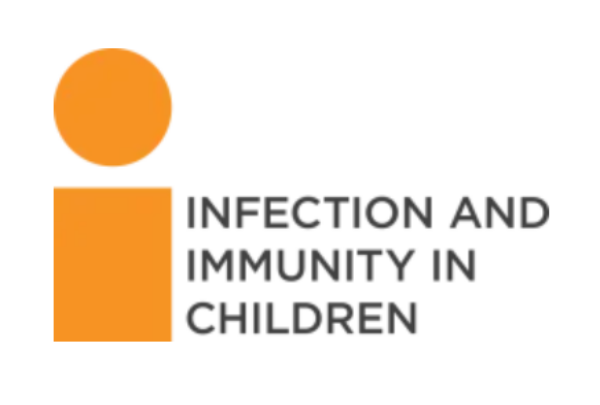
Plasmodium falciparum uses multiple strategies to evade the human immune response. While infection is established by a small number of sporozoites that are largely ignored by the immune system, the abundant blood stage parasites use multiple and polymorphic variant surface antigens to avoid clearance and subvert the immune response. From volunteers immunized with irradiated sporozoites, we identified a family of potent neutralizing antibodies that bind to multiple sites of the CSP protein and represent a new tool for prophylaxis and for vaccine design. Using a systematic search for antibodies that bind broadly to infected erythrocytes, we discovered, in 10% of malaria-exposed individuals, a new class of antibodies generated by insertions of genomic DNA encoding human inhibitory receptors (LAIR1 or LILRB1) into antibody genes (at the V-DJ junction or in the switch region). LAIR1- and LILRB1-containing antibodies bind to different families of parasite RIFINs and opsonize infected erythrocytes. These findings demonstrate that the parasite uses multiple RIFINs to target inhibitory receptors as part of its evasion strategy. They also illustrate a new mechanism of diversification based on the insertion of host receptors into immunoglobulin genes, leading to the production of receptor-based antibodies, with implications for antibody and B cell engineering.
PRESENTER
Antonio Lanzavecchia is known for his work on antigen presentation by B cells and dendritic cells, for his studies on T cell activation and on the cellular basis of immunological memory, and for the development of novel methods to isolate human monoclonal antibodies. Lanzavecchia was born in Italy and obtained a medical degree from the University of Pavia, where he specialized in pediatrics and in infectious diseases. From 1983 to 1999 he worked at the Basel Institute for Immunology and since 2000 as founding director of the Institute for Research in Biomedicine in Bellinzona, Switzerland. He has been Professor of Immunology at the University of Genova and at the Swiss Federal Institute of Technology, ETH Zürich. Lanzavecchia received the EMBO Gold Medal, the Cloetta Prize, the Robert Koch Prize, the Sanofi-Institut Pasteur prize and the Louis-Jeantet Prize and is a member of the EMBO and a foreign associate of the US National Academy of Sciences. Lanzavecchia is the scientific Founder of Humabs Biomed, now a subsidiary of Vir Biotechnology, where he is currently Senior Research Fellow. His academic research continues at the National Institute of Molecular Genetics in Milan.
MODERATOR
 Gordon Awandare is the founding Director of West African Centre for Cell Biology of Infectious Pathogens (WACCBIP), and a Professor at the Department of Biochemistry, Cell and Molecular Biology at the University of Ghana, Legon. He holds a Masters in Biochemistry from the University of Ghana, and a PhD in Infectious Diseases and Microbiology from the University of Pittsburgh Graduate School of Public Health, PA, USA. Awandare did his postdoctoral training at the Walter Reed Army Institute for Research, MD, USA.
Gordon Awandare is the founding Director of West African Centre for Cell Biology of Infectious Pathogens (WACCBIP), and a Professor at the Department of Biochemistry, Cell and Molecular Biology at the University of Ghana, Legon. He holds a Masters in Biochemistry from the University of Ghana, and a PhD in Infectious Diseases and Microbiology from the University of Pittsburgh Graduate School of Public Health, PA, USA. Awandare did his postdoctoral training at the Walter Reed Army Institute for Research, MD, USA.
